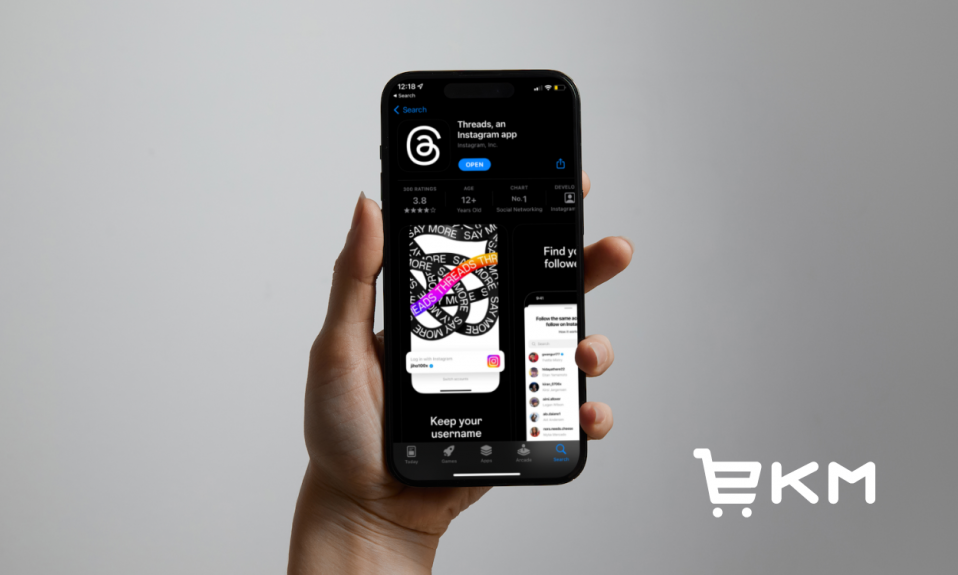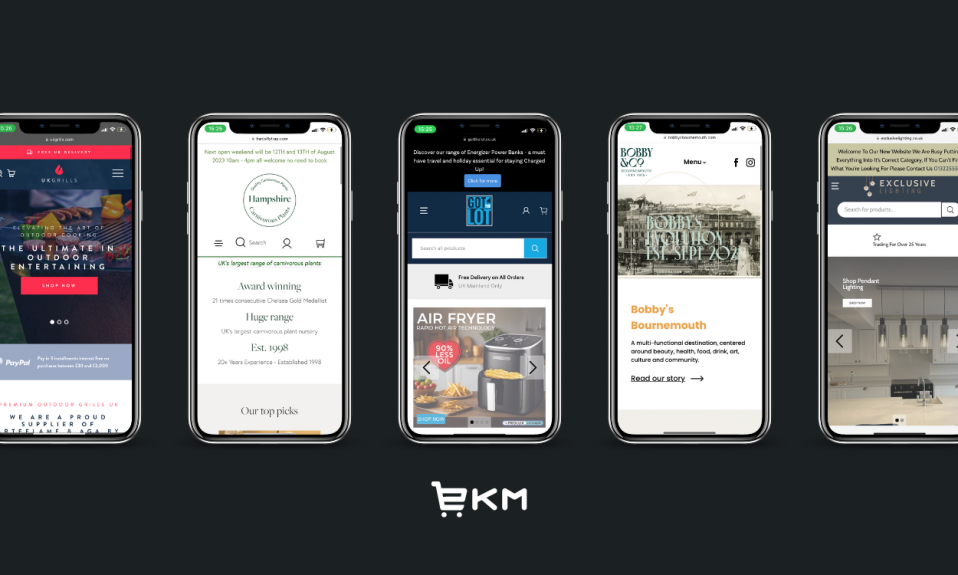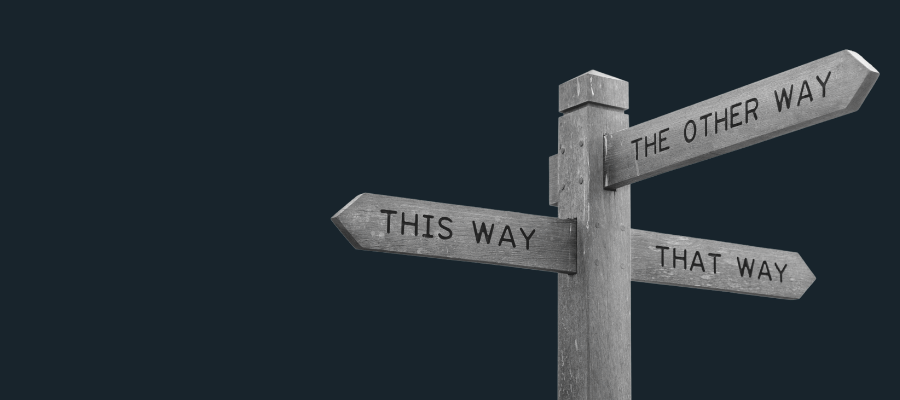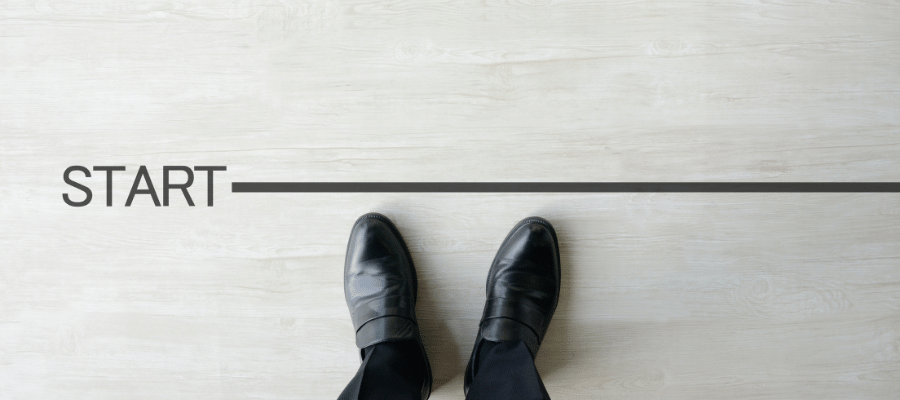Failing to adapt to change is one of the biggest mistakes a business can make.
The world is moving incredibly fast. Each day we’re seeing new developments in technology, and changes in the way that people live their lives. This change is inevitable, and the businesses who adapt early are the ones who will thrive in the face of adversity, while the rest are left behind.
We’re going to provide you with some real-life examples of famous companies who failed to adapt, to ensure you don’t follow in their footsteps. Because after all, if you don’t innovate; someone else will.
KODAK
Kodak are renowned for the invention of roll film back in 1884, making photography accessible to everyone. Over the next 100 years they produced a variety of film cameras and instant cameras that allowed them to dominate the photography market during the 20th Century.
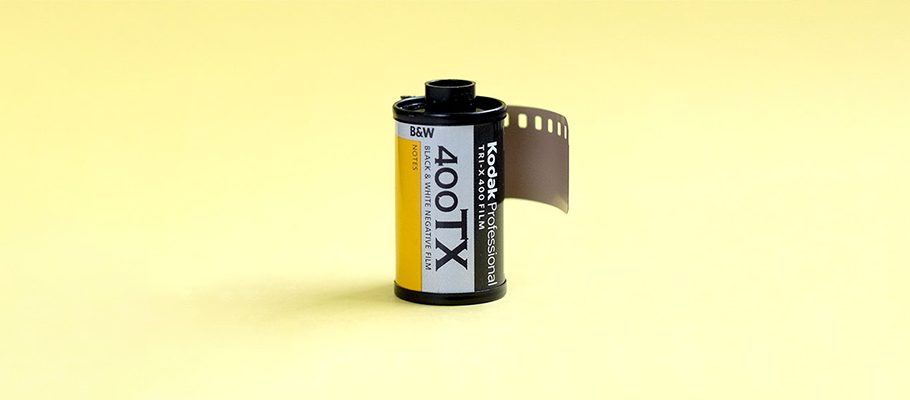
However, Kodak made a business decision that would be detrimental to their future.
In 1975 Steve Sasson (one of Kodak’s engineers) invented the first digital camera, providing the company with a window of opportunity which would allow them to step into the emerging digital market. However, fearing the effect digital photography would have on film sales, the management rejected the prototype and missed their chance of become early adopters.
Competitors such as Canon stepped up to the mark and got in there first, leading the way in the face of the digital revolution. Kodak were pushed aside, and their failure to innovate lead to their downfall.
When they eventually ventured into digital territory in the 90’s, it was already too late. Kodak filed for bankruptcy in 2012.
Lessons learned: If you have a great idea, just run with it. Don’t miss the opportunity to become an early adopter because you’re afraid – just make sure it’s feasible!
TOYS R US
A more recent travesty, Toys R Us closed their doors for good in 2018.
What was once the largest chain of toy shops in the world is now another victim of being stuck in their own ways.
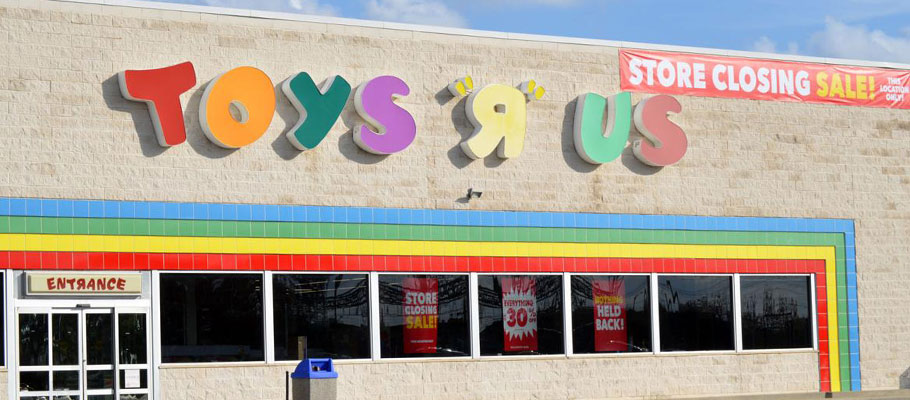
A business deal offering online exclusivity to Amazon stunted the online growth of Toys R Us, preventing them from developing their own ecommerce site, during a time when others were flourishing from online sales.
It wasn’t just the lack of online presence that ended Toys R Us though. In fact, they had a lack of presence in their own retail shops, using the same tired, out-of-town warehouse units for over a decade.
Retailers such as Lego provide child-friendly shopping destinations where the kids can fully immerse themselves into the Lego world, getting hands on and playing with toys while the parents shop. This kind of experiential shopping is becoming more important than ever as consumers see shopping as a leisurely day out, causing the competition to become fiercer.
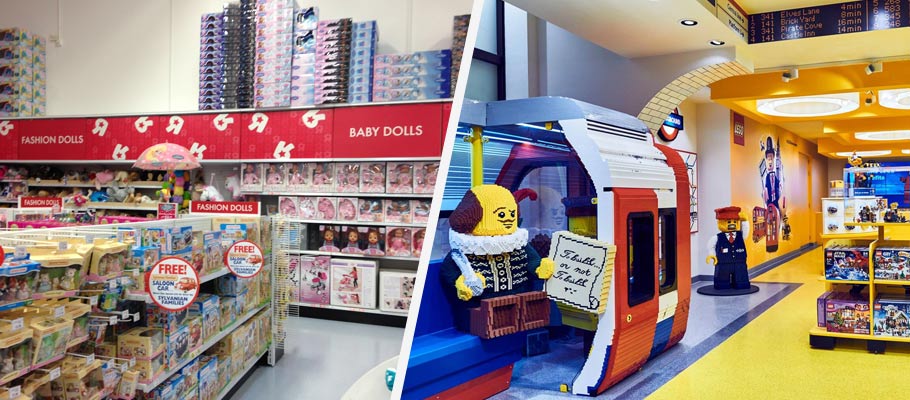
If they had offered excellent customer service and competitive pricing, they may have stood a slight chance. However they failed to deliver here too.
Unforunately, a lack of imagination and innovation just doesn’t cut it in the toy market, so Toys R Us to fell short.
Lessons learned: You need to offer your customers the whole experience. Whether you have a physical retail space or a website, you need to provide a pleasurable shopping experience. This involves everything from the look and feel of your shop to your customer service.
Blackberry (RIM)
Before the iPhone came around, the Blackberry was the must-have smartphone. Regarded highly within the business community, Blackberry phones came with email capabilities, web functionality and Blackberry Messenger (BBM), an internet-based instant messenger. The phones even came equipped with a full QWERTY keyboard for efficient typing.
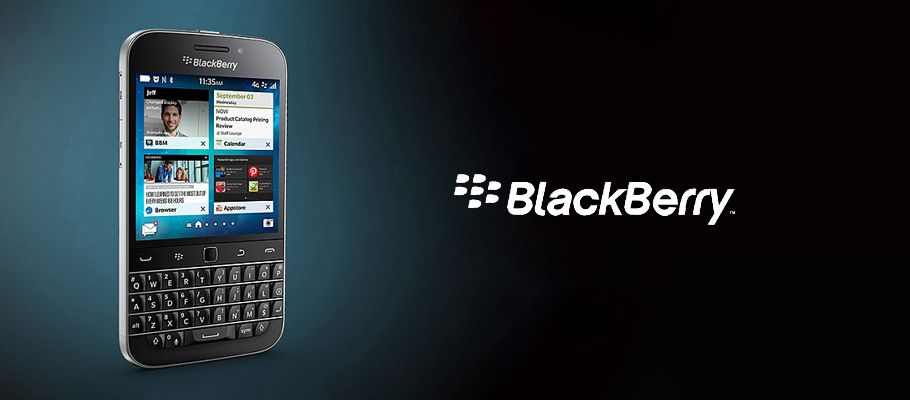
However, in 2007 Steve Jobs revealed a phone that would change everything. The first ever iPhone was essentially a portable mini-computer that allowed you to make calls. It was sleek, innovative and most importantly; it had a touchscreen. Blackberry’s reaction to the product reveal is what cost them their top position in the smartphone market. They continued to make phones with hardware keyboards, and struggled to grasp the direction phones were headed. They believed that people would always want a phone with a real keyboard.
In 2016, Blackberry announced that they would no longer make their own mobile phones, instead outsourcing the manufacture to try and combat their multi-million pound loss. All thanks to their inability to adapt quickly.
Lessons learned: Don’t ignore the competition. While you might not believe in their products, this doesn’t mean your customers won’t. At the end of the day, it’s all about what your customers want, not what you think they should have.
Blockbuster
Founded in 1985, Blockbuster was once the leader in video rental. Over the years they encountered numerous developments in technology that would change the video rental industry forever, they embraced the transition from VHS to DVD. However, they were unable to adapt to the next big change.
In 2000, a company called Netflix approached Blockbuster with an opportunity. An opportunity to purchase their mail-order video rental company for $50m. Blockbuster rejected their offer as they believed Netflix was a ‘small niche business’ that wouldn’t catch on. However, this decision would lead to their demise.
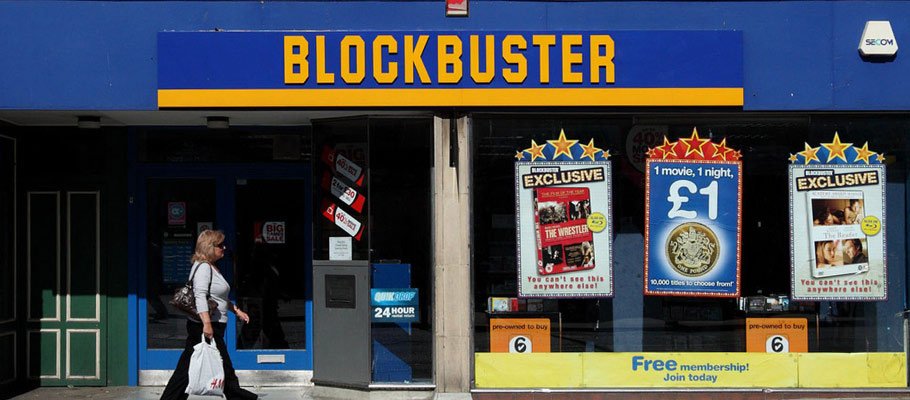
Blockbuster was now competing in a market where consumers could order DVDs straight to their door, without having to visit a physical shop.
The convenience of this service changed consumer expectations, and the way people lived their lives. This changed even more in 2007 when Netflix introduced a video streaming service, allowing customers to watch films and TV over the internet. With instant access to shows, the demand for physical video-rental shops was practically non-existent.
Blockbuster had the chance to become an early innovator, but they turned down the offer and suffered the consequences.
Lessons learned: People are always looking for more ways to make their life easier. If you can offer something that helps to improve their lives then you’re on to a winner.
Don’t be afraid to embrace change
The moral of the story is that you must be willing to adapt change into your business to stay competitive.
The world isn’t going to slow down, and consumers are always going to look for the next big thing. It’s important you have a strong commercial awareness of what’s going on around you so that you can adapt where necessary.
If you’d like to learn more about setting up your own online shop, read on for more insights into running your own online business here.




